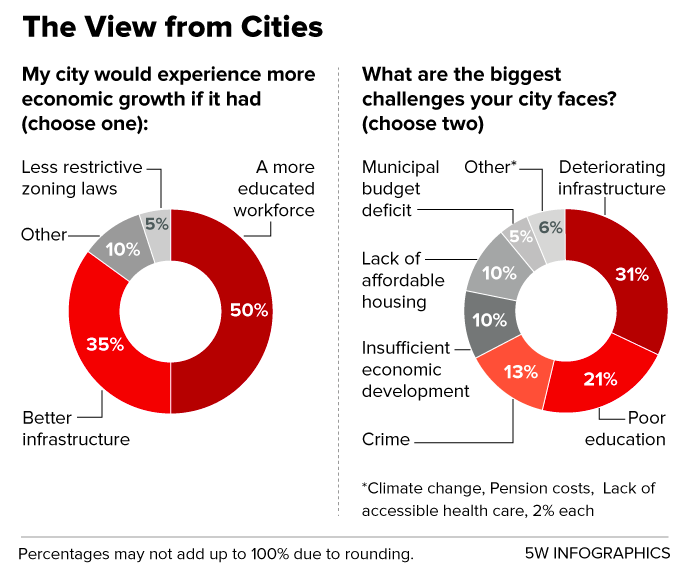As Philadelphia's attention swivels to the upcoming mayoral primary in May and the election in November, current Mayor Michael Nutter's legacy may be as complicated to settle as his time in office has been.
The last public approval poll conducted by the Pew Charitable Trusts in 2013 found that just 39 percent of Philadelphia residents approved of the mayor's job, while 52 percent disapproved. More striking is that these ratings represented a steep decline from a poll in 2012, which found 60 percent approval and 30 percent disapproval.
RELATED STORY: Candid-dates: Philly, here's your chance to fall in love with a mayoral candidate
The reasons for Nutter's tepid local support span everything from the city's education funding crisis to periods of economic stagnancy and persistent tension with City Council. On the other hand, the growth of Philadelphia's millennial and immigrant populations and its reduction in crime make the city's ambivalent stance toward Nutter a questionably fair reflection of his record.
At the national level, it turns out that those who do Mayor Nutter's job in cities around the country have a very different outlook on his leadership in Philadelphia.
In its inaugural Mayors' Survey, Politico Magazine polled 21 mayors (16 Democrats, three Republicans, and three non-partisan) in cities across more than a dozen states to find out how municipal leaders rate their fellow elected representatives on Capitol Hill.
While the general disapproval of politics in Washington has become a norm among the American populace, it turns out mayors in cities around the country are equally dissatisfied with federal dysfunction. Though roughly two-thirds of those polled said President Obama deserves "a great deal of credit" for the country's economic turnaround, nearly 82 percent said they had very little or no confidence in the ability of Washington lawmakers to address America's most pressing problems.

It isn't necessarily unusual for those who manage the unique complexities of a city to view federal gridlock as a detriment to local success. It's also not surprising that a group of mostly Democrats would give President Obama the benefit of the doubt over Congress (or legislative bodies in general). In their own cities, most of the mayors cited a deteriorating infrastructure as the primary problem and argued that Washington's inability to reach consensus on investing in the Highway Trust Fund is in large part to blame.
Among the group of 21 mayors asked about the current city leader they most admire, Mayor Nutter came out atop the list. One mayor wrote the following about Nutter:
“I watched as he came from being an underdog to becoming a mayor, with a commitment to fiscal discipline, innovation and social equity. He understands the problems faced with being a blue city in a predominantly red state and how to maneuver to get Philadelphia much of the aid they’ve needed. In a short period of time he has risen to national prominence as a dean of American mayors and at the same time stays grounded to everyday issues facing the people of Philadelphia.”
With the May 19 primary fast approaching, it would serve voters well to consider what Mayor Nutter has done right when selecting his probable replacement. For as many areas as there are in need of continued improvement, the next mayor will also need to sustain the positives that have come since Mayor Nutter assumed office in 2008.
